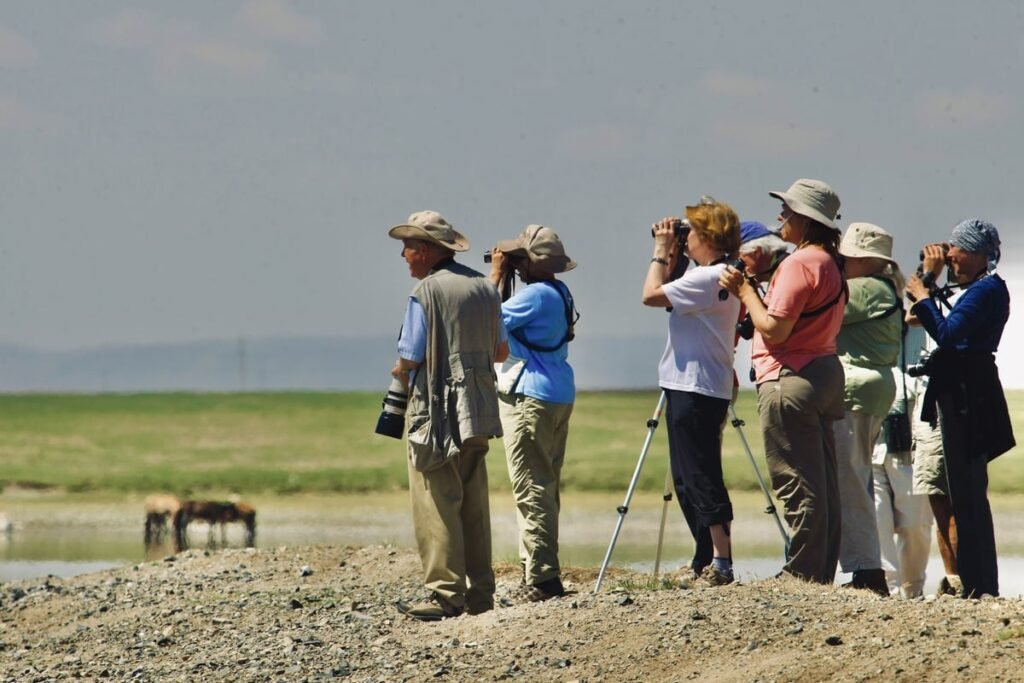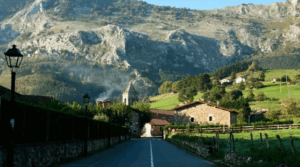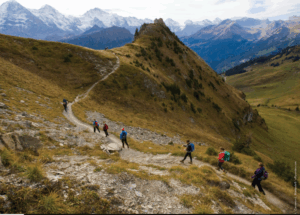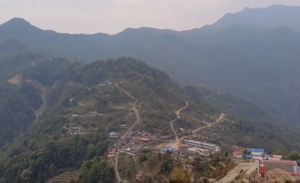Ethical Wildlife Tourism: Conservation Stories from Mongolia

Wildlife tourism is one of the fastest-growing sectors in travel, expected to surpass USD 147 billion in global value in 2024, according to Future Market Insights. Yet as more travelers seek out once-in-a-lifetime wildlife encounters, the stakes for conservation rise too. Nowhere is this more relevant than in Mongolia, a country of vast, shared landscapes where biodiversity and traditional livelihoods are deeply entwined.
Home to 128 native mammals, 476 birds, and countless steppe, mountain, and desert ecosystems, Mongolia is a hotspot for biodiversity. But the very openness that draws adventurers here also demands care. Unregulated tourism can disrupt wildlife behavior, stress fragile habitats, and displace local communities.
Mongolia is confronting these risks head-on by investing in community-driven, ethically grounded conservation. The country’s approach may hold lessons for other destinations navigating the balance between access and protection.
Today, 21% of Mongolia’s land is officially protected across 41 state-designated areas. That figure is set to rise. In April 2024, the Government of Mongolia launched “Eternal Mongolia”, a landmark conservation initiative in partnership with The Nature Conservancy, local herding communities, and the Enduring Earth collaboration. Its goal? Mongolia aims to protect 30% of its land and waters by 2030, a goal originally proposed by former President Ochirbat during a 1992 UN meeting, aligning with the global ’30×30′ conservation target.
This ambitious plan blends biodiversity protection with sustainable development. It recognizes that safeguarding the country’s steppes, mountains, and wetlands also means supporting the people who depend on them. Mongolia’s path forward lies in collaborative, landscape-scale conservation that is as inclusive as it is impactful. This national commitment is being brought to life on the ground by dedicated organizations and individuals.
Community at the Core
Across the country, conservation efforts are being powered by local voices and grassroots partnerships:
WCS Mongolia supports anti-poaching patrols, maintains wildlife corridors, and works closely with local households. In 2024, WCS-trained rangers patrolled over 4,000 km, helping reduce poaching incidents dramatically.
The Snow Leopard Trust, through decades-long partnerships with herders and local governments, helped create Mongolia’s first reserve dedicated to snow leopard conservation. Their holistic model, blending predator-proof corrals, women-led enterprises, and science-driven tourism, is now a blueprint for high-altitude species protection.
Batmunkh Luvsandash, a retired engineer, led a grassroots movement to protect 500,000+ hectares of fragile desert steppe. His work, supported by The Nature Conservancy, culminated in the designation of the Khutag Uul protected area and earned him the 2025 Goldman Environmental Prize.
These initiatives demonstrate a core truth: ethical tourism can and must support those on the front lines of conservation.
What Ethical Wildlife Tourism Looks Like
Done wrong, wildlife tourism can exploit the very creatures travelers hope to protect. Done right, it becomes a powerful force for good, supporting anti-poaching patrols, restoring habitat, and creating income for communities without ecological harm.
In Mongolia, ethical wildlife travel typically includes:
Small group sizes to reduce impact
Guidance by local experts and scientists
No baiting, chasing, or staged encounters
Revenue-sharing with herder communities
Stays in locally owned ger camps
Travelers are increasingly asking the right questions: Who benefits from my visit? Is my presence helping or harming? Avoid blindly trusting “Best Wildlife Destinations” lists. Instead, look for smaller, less-visited regions where you can minimize your impact while supporting genuine conservation work.
Mongolia’s conservation movement shows how tourism, when done responsibly, can be more than just an encounter, it can be a catalyst for real, lasting change.
Mongolia’s Model for Ethical Wildlife Travel
One model of this approach in action is the Manul Photography Quest by Mongolia Quest, a conservation-based experience in Mongolia’s Eastern Steppe, developed in collaboration with field biologists and herder communities. Guided by the DAMA Protocol (Document, Assess, Monitor, Act), the expedition is designed around the needs and rhythms of the elusive Pallas’s cat. There is no baiting, chasing, or drone use, just quiet observation based on ecological data, animal behavior, and local insight. By aligning with the natural cycles of wildlife and channeling revenues into habitat restoration and community ranger training, the journey reflects a growing shift: from simply seeing wildlife to actively supporting its future. As our local biologist put it, “We don’t match the cats to our schedule, we match ourselves to their rhythms. Courtesy – AdventureTravelNews
17 June 2025
Photo Courtesy – Mongolia Quest
















